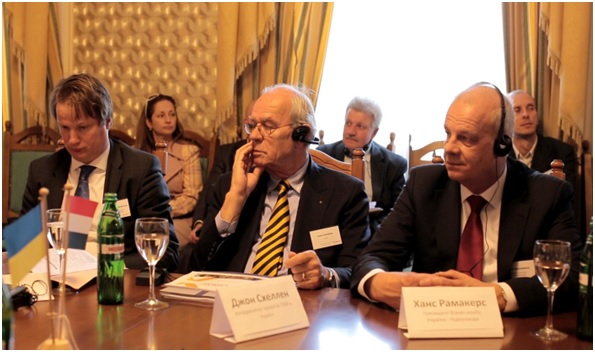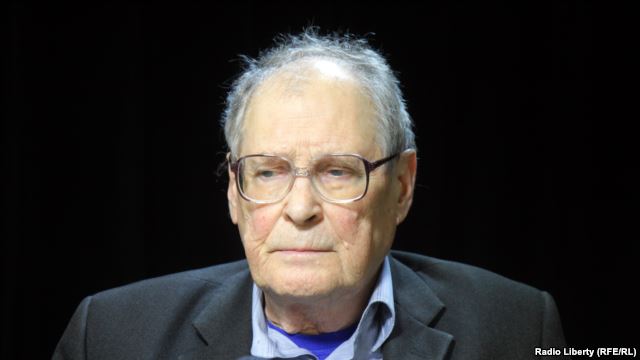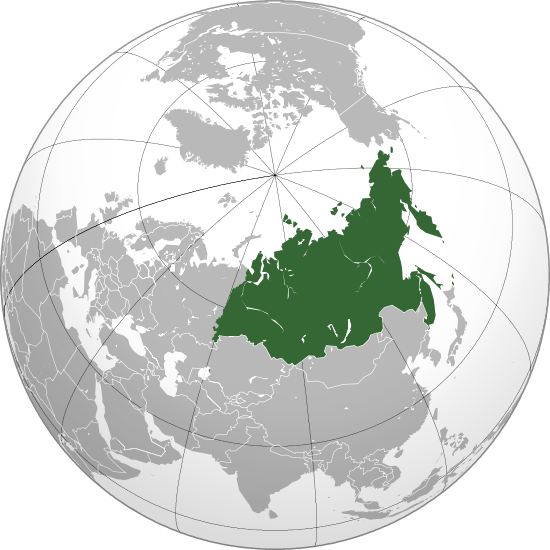Vladimir Putin appears stronger than he is because he is exploiting three weaknesses of the West: confusion among journalists of balance and objectivity, a desire to get a ceasefire rather than to repulse aggression, and a lack of will to punish Moscow politically and not just economically.
The Kremlin leader’s clever use of these three weaknesses – and they are far from the only Western weaknesses at present – have been very much on public view this week. Unless the West finds the strength to correct them, Putin’s aggression against his own people and other countries will continue.
First, as has been true since the start of Moscow’s aggression against Ukraine, Putin has exploited the increasing proclivity of Western journalists to equate balance with objectivity. He and his minions have flooded the media with statements that are simply not true, but many Western outlets report them as part of the story, without identifying them as false or even questioning their veracity.
That allows such journalists to claim objectivity, but it creates a situation in which there is little or no pressure on Western governments to do the right thing. Manyjournalists (and governments) will not describe what Moscow is doing as an invasion because Putin says there are no Russian troops in Ukraine, despite massive evidence to the contrary.
As a result, in all too many cases, Putin’s lies have defined the situation rather than facts on the ground, and the Western media’s focus on balance – on presenting all sides of the case even if one or more is untrue – gives thuggish leaders like him an opening that they should not have but will not exploit.
It is of course true that the Western media is more ready to do this with Moscow than it is with any other governments, but a simple test is all that is required to see how bad reporting has been: If any other regime were doing what Putin’s is doing, would Western media outlets be describing it in the same way?
Second, Western governments approach every conflict as an occasion to get a ceasefire rather than to defeat aggression out of a belief that diplomacy alone can solve the problem and reach a solution. But there are at least two obvious problems with that, as the current Minsk Accords show.
On the one hand, moves toward a ceasefire rather than toward a restoration of the status quo ante have the effect of allowing the aggressor to pocket at least a good part of what he has seized, to claim moral equivalence, and to use so-called “frozen conflicts” to promote its policies of domination as Moscow has done for the last 15 years.
And on the other, by signaling that it will not oppose a particular case of aggression, the West has taught Putin and his regime a lesson, but very much the wrong one: aggression works and after “a decent interval” will be ignored, have no consequences for relations with the West, and then can be repeated.
Because the West did not respond when Putin invaded Georgia, he concluded he could seize Crimea. When the West did not oppose that move – indeed, when in his eyes, the West almost legitimated it by the Geneva accords – he moved into eastern Ukraine. Now, Putin has the Minsk agreement, something that will set the stage for more aggression in the future not less.
Obviously, seeking a ceasefire as a means to achieve a peace is a good thing. Talking is better than fighting. But it is not better if one side is consciously using a ceasefire to legitimate its aggression, and the other side, by its errors of omission and commission, is facilitating that – and that is what the Minsk accords look like to many (inforesist.org/itogi-dnya-20-sentyabrya/).
One question everyone in the West should be asking is this: Will Putin have any incentive to move toward peace if he can get everything he wants by dragging out a Western-backed “peace process” forever? There is little evidence that he will, and there is a great deal of evidence that he won’t.
And third, the West is only prepared to go so far in using its leverage. Its sanctions on Russia have been good as far as they have gone: they are hurting Moscow economically and financially. But the West has not been prepared to impose the kind of political sanctions that would affect the Kremlin more directly, apparently fearful of creating a longer that would call Western profits into question.
There should have been no discussion about whether the West would welcome Putin at Normandy in June or at the G-20 in Australia. He is an aggressor, at odds with the international community and breaking rules established after the Second World War, and should be disinvited to all such forums. But the West is apparently now too weak to do that, at least in the eyes of Putin.
The West has been reluctant to take political steps to isolate the Kremlin assuming that economic ones are enough. They are not. Under pressure from its own business elites, the West has failed to impose the kind of draconian sanctions that would really hurt and has been unnecessarily explicit, even craven, in saying how Moscow can end them.
If Russia is not going to be punished militarily by the supplying of weapons to Ukraine, then it must be punished other ways, including with the downgrading of diplomatic representation, restrictions on visas, and symbolic exclusions as from all international forums, including economic, cultural and athletic ones.
Unless that happens, the West will continue to send a message to Putin that his aggression works, a message he will use not only to shore up his power in Moscow but to launch new aggression elsewhere.





